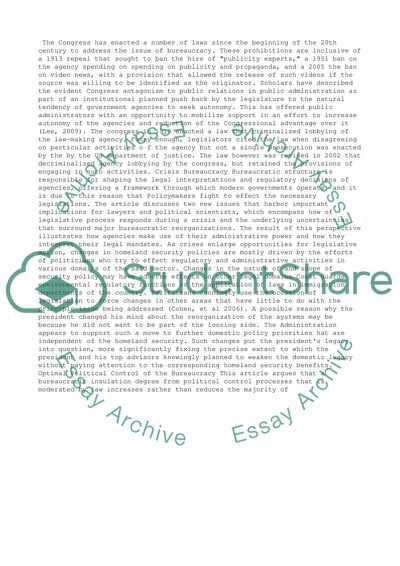Cite this document
(“Compare and Contrast of Administrative Law Term Paper”, n.d.)
Compare and Contrast of Administrative Law Term Paper. Retrieved from https://studentshare.org/management/1470779-compare-and-contrast-of-administrative-law
Compare and Contrast of Administrative Law Term Paper. Retrieved from https://studentshare.org/management/1470779-compare-and-contrast-of-administrative-law
(Compare and Contrast of Administrative Law Term Paper)
Compare and Contrast of Administrative Law Term Paper. https://studentshare.org/management/1470779-compare-and-contrast-of-administrative-law.
Compare and Contrast of Administrative Law Term Paper. https://studentshare.org/management/1470779-compare-and-contrast-of-administrative-law.
“Compare and Contrast of Administrative Law Term Paper”, n.d. https://studentshare.org/management/1470779-compare-and-contrast-of-administrative-law.


